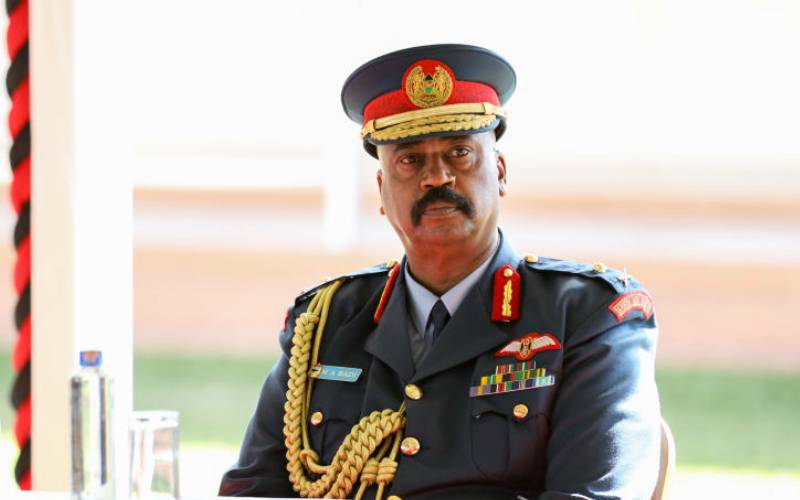×
The Standard e-Paper
Smart Minds Choose Us

Nairobi City County chief Mike Sonko traded his impeachment with the transferring of major functions of his office to the national government. That paved the way for President Uhuru Kenyatta to create the Nairobi Metropolitan Service (NMS) and appointed Maj Gen. Abdalla Badi (pictured) to head it.